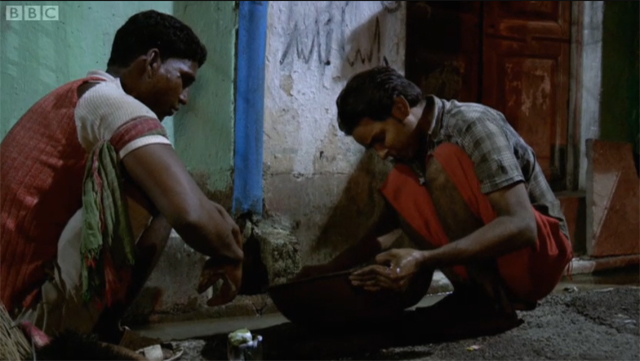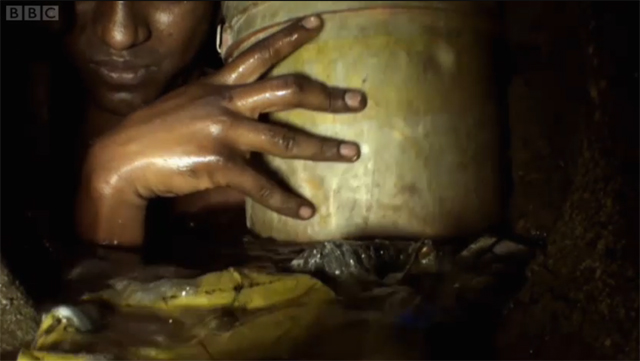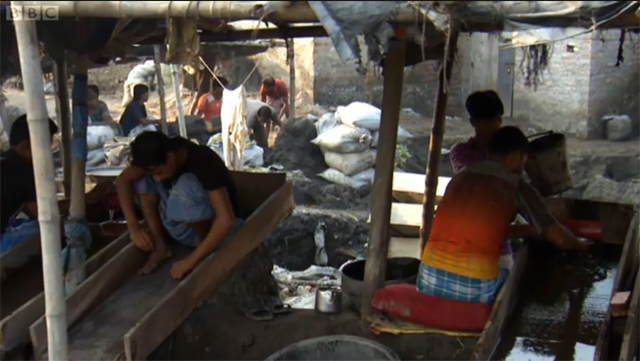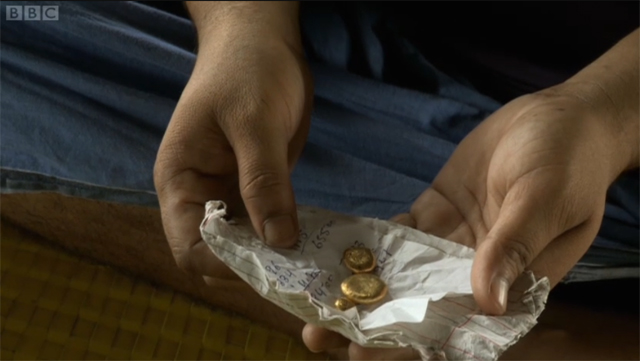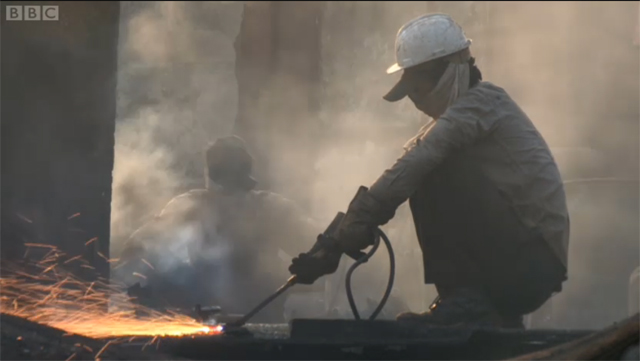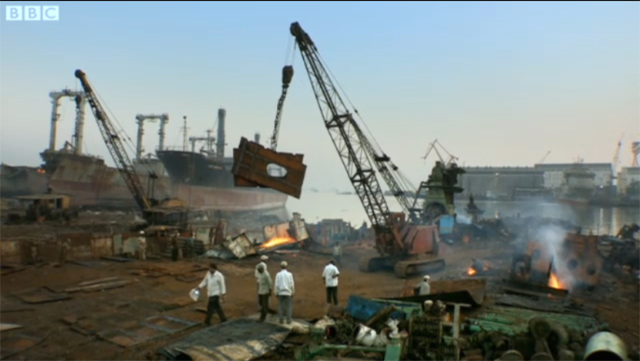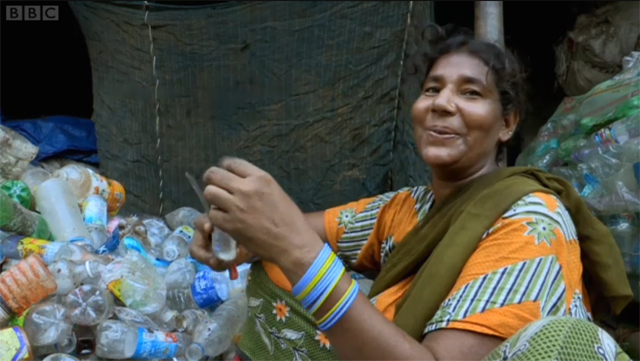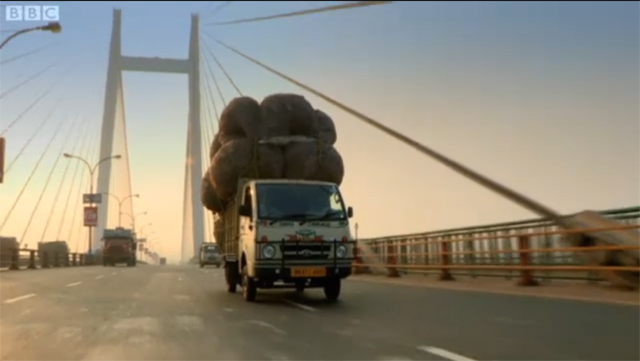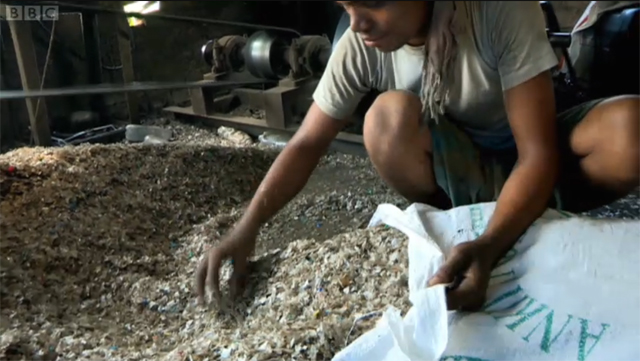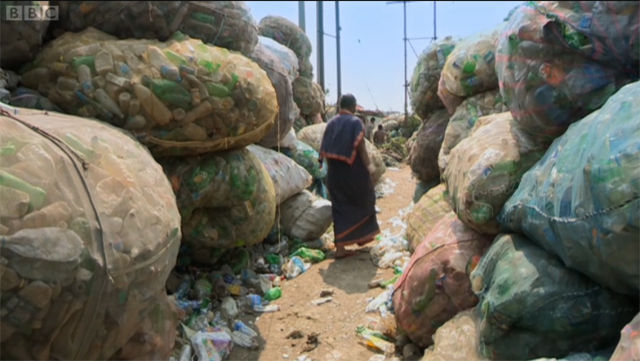Resources - Blog
Welcome to India
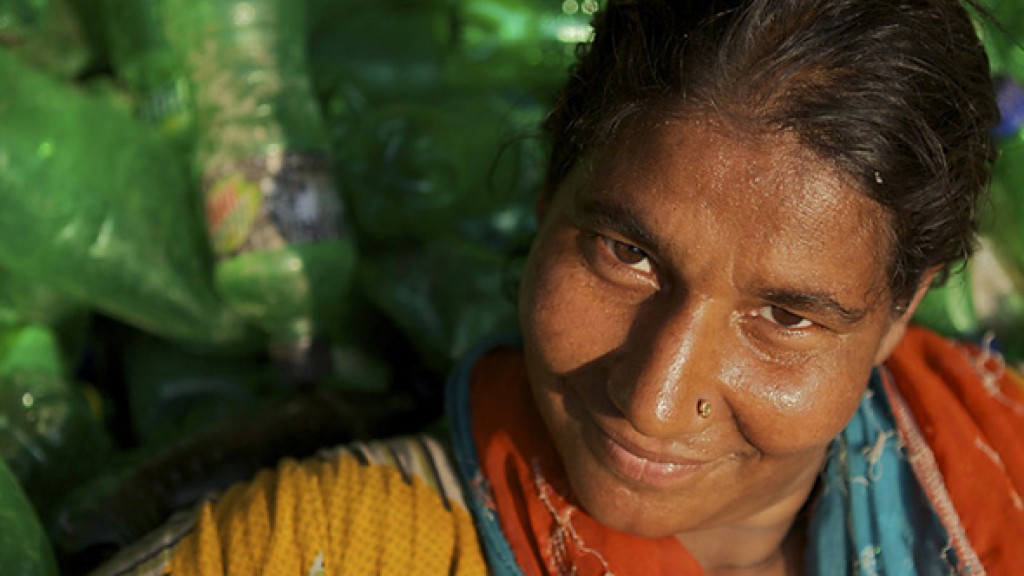
Here at The Great Recovery HQ we have been glued to our TV screens for the last few weeks watching BBC 2’s three part documentary series: Welcome to India. Over 1 in 6 of the world’s population live in India, and during the series we see the film crew follow a handful of ‘backstreet entrepreneurs’ who are all “learning to survive in a crowded world”.
In episode 1 we meet 23 year old Kaale who has moved from the countryside to the city of Kolkata in search of gold. Gold is a precious metal with huge cultural significance in India – it acts as insurance, and Indian housewives own an incredible 11% of the world’s gold stocks. That’s more than the USA, Germany and Switzerland put together. Kaale lives with 20 other men in a small room in Kolkata’s Jewellery district, and wakes at 3am every morning to begin work. The huge mass of goldsmiths who live and work in the area leave particles of gold on the street which falls off their clothes, hands and hair when they wash, and gathers with the dirt and dust. Kaale and his friends spend hours sweeping the streets and using traditional American gold panning techniques to extract the metal.
“When people look at the street, all they see is garbage… But we know what’s hiding here.”
During the hour long programme, we see Kaale taking his gold panning venture even further by lowering himself down the tiny drains of Kolkata, extracting sack loads of ‘sludge’ and selling it to Javed, whose family own a backstreet gold panning workshop on a disused bank of the River Ganges.
Here, Javed’s 20 employees work tirelessly to first dry the mud, then sieve and crush it into powder (the only mechanised part of the process) before using 19th century Californian techniques with a wooden board and water to massage the mud to trap gold particles in tiny grooves on the board. Mercury is added to the remaining mud to ‘stick’ to the gold, and this is moulded into ‘ranga’ balls which are heated to first drive off any impurities, then to melt off the mercury. All that remains is one final smelting with nitric acid and they are left with 24 carat gold! These tiny gold particles that could so easily be dismissed as lost are being meticulously sourced and implemented back into circulation.
In episode 2 we meet Kanye, who also works recycling metals, but on a much bigger scale. Mumbai is home to a cargo ship graveyard, and it is down to 16,000 workers to ‘butcher’ these 12,000 tonne ships from across the world. It is an extremely dangerous job – every part of the ginormous vessels is taken apart by hand. Not a bit of the boats go to waste. The reusable parts go to the market and supply the Indian construction industry with cheap recycled steel, and the bits that cannot be reused are turned into something else and sold on. Even the tiny specs of iron that gather on the floor are collected and sold on.
Moving away from metals, to plastic recycling: Johora lives with her 12 children and husband alongside the railway tracks in Kolkata. She has worked her way up from a rag-picker to business-woman, with 3 warehouses collecting, sorting and selling on empty plastic bottles. Her young son, who has a network of ‘suppliers’ (who scour rubbish tips, restaurant and shop refuse) and a rickshaw collects the bottles, and brings them back to the warehouses where 4 employees remove the labels and sort the bottles by colour. They are then bundled into huge balls weighing up to 100 kilos and sold by weight for around £50 each to the next link in the recycling chain. (Johora cheats a little here by filling the odd bottle with water to increase the weight!).
At the next stage of the recycling process, some of the bottles are shredded, and the ‘chips’ are sold to manufacturers of poly-synthetic fibres who can use them to make everything from polar fleece to the stuffing for your sofa cushions.
It’s thanks to businesses like Johora’s that India manages to recycle a massive 60% of all plastic bottles. We, on the other hand are not even close to this figure, this is what the UK aims to be recycling by 2020 – Europe currently recycle 48% of their plastic bottles, the US just 29%.
All of these examples encapsulate so well the ethos behind a circular economy, however the tragic part of this story is the fact that these people aren’t dredging mud out of drains or collecting plastic bottles because they care about the environment, for them it a necessity for survival: “Where you see trash, we see a livelihood”. It’s time that here in the west we began to realise that ‘trash’ shouldn’t really exist as a concept any more. Money can be made from the recycling and recovery process. What if we started collecting and selling all of our plastic bottles? What if recycling became more of a business than a chore?
This illegal ‘backstreet entrepreneurship’ can also be seen in San Francisco, where due to the California Bottle Bill of 1987 (which means a deposit is paid on all plastic and glass bottles sold in the state) recycling has become an extremely profitable business for gangs who raid recycling bins. In February’s edition of BBC 4’s ‘Costing the World’, Tom Heap meets a 78-year-old Vietnamese woman who has spent all night rummaging through bins to collect just £17 worth of recycling. While this illegal activity means that 78% of all waste in the city is diverted from landfill, imagine if we could make this a legitimate business model, instead of relying on those in desperate need to do the work for us, illegally. One of the main drivers for the Technology Strategy board putting up £1.25million for designers to come up with new approaches to the closed loop system are the rising cost of metals and other resources. China now own 97% of the Rare Earth market. We don’t use the words ‘sustainable’ or ‘eco’ as the drivers are now financial as well as moral.
One of the most interesting things to note about all of these stories is the networks that these people have. When Kaale decided to take extend his business to selling drain sludge, he knew exactly who to call who could process mud into gold. When Johora brought her own van so that she could sell her bottles on directly, she knew exactly where to take them to get the best price. It’s developing these networks that we need to build on. We need to make sure that we know where to take our goods to recycle them; we need to make sure we know a materials expert to consult when designing new products and we need to make sure we are building and using these networks at every stage of a products life span. We need to become a connected society.
Join the Great Recovery community by signing up online.
To find out more about material flow we are holding a workshop it a disused tin mine in Cornwall this Friday, 26th October.
If you want to learn more about plastics and packaging, then sign up to our workshop at Closed Loop recycling plant, Dagenham, on the 31st October.
Welcome to India is available to view on BBC iPlayer until 24.10.12

